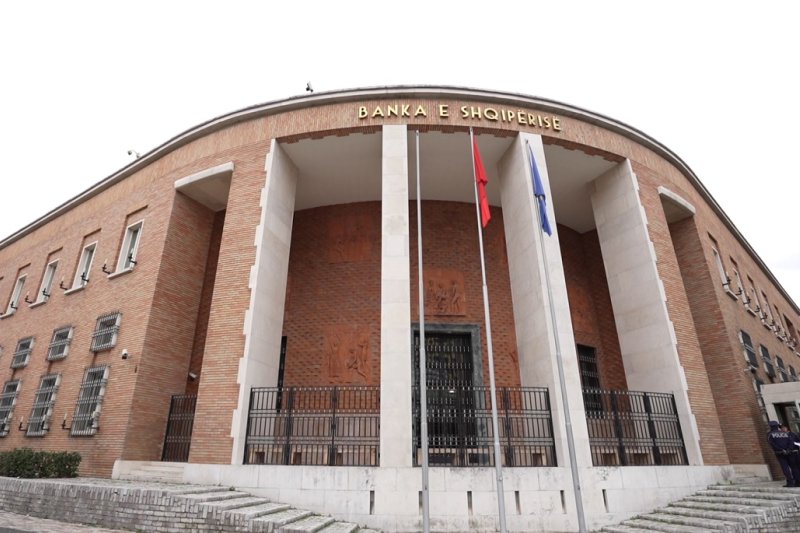Income from Work Abroad Reach New Record
The Albanian economy's income from work abroad increased again in the first quarter of this year. According to statistics from the Bank of Albania, income from work reached Euro 155 million, 13% more compared to the same period a year earlier.
In net terms, deducting the income of foreign citizens from work in Albania, income from work reached Euro 144 million, also increasing by 13% compared to the first quarter of last year.
In both net and gross terms, the Albanian economy's income from work has reached its highest historical level for the first quarter of the year.
According to the Balance of Payments methodology, income from work abroad is classified as compensation of employees, which includes wages, salaries, bonuses, and other benefits earned by non-resident individuals in an economy for work performed for residents of that economy.
This category of employees includes seasonal workers or those employed for a short-term period of less than one year, as well as cross-border workers who have their center of economic interest in their country of origin.
In analyses of inflows from abroad, income from work abroad is often attached to emigrants' remittances and classified as part of total remittance income in the economy.
For the first quarter, emigrant remittances were worth Euro 251 million, up 3.7% compared to the same period last year.
Taken together, remittances and labor income contributed Euro 406 million to the balance of payments, a figure 7% higher compared to the first quarter of last year.
Labor income and remittances together covered about 35% of the trade deficit in goods for the first quarter of this year.
Until the rapid rise of the tourism sector, especially after the 2020 pandemic, labor has been the dominant factor supporting the Albanian economy's exports. In addition to direct income from work abroad, the regime of active processing of goods (tailoring) has historically made an important contribution.
For the first three months of 2025, they reached Euro 199 million, 4.7% more compared to the same period a year ago. The manufacturing industry has taken a heavy hit in recent years from the strengthening of the Lek in the foreign exchange rate and its prospects look bleak.













